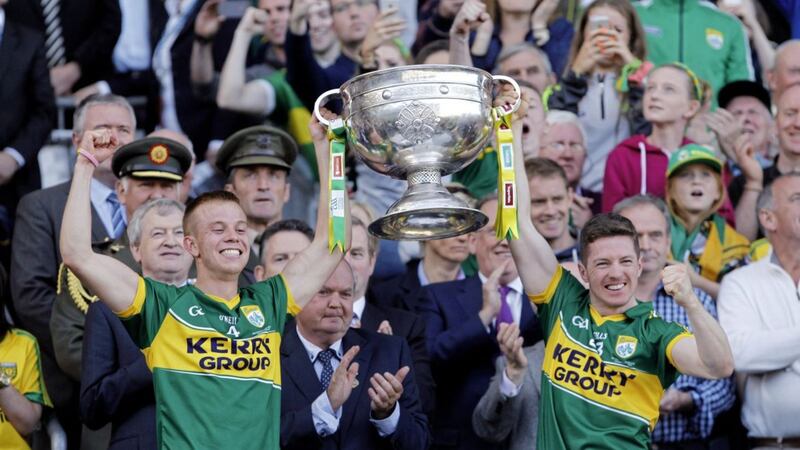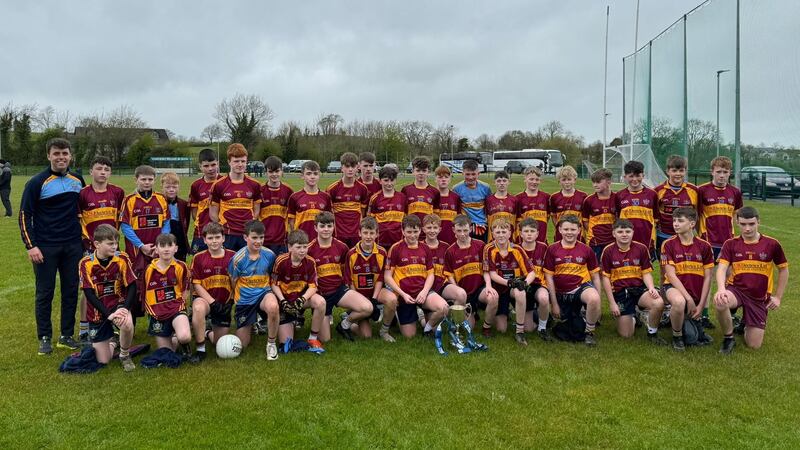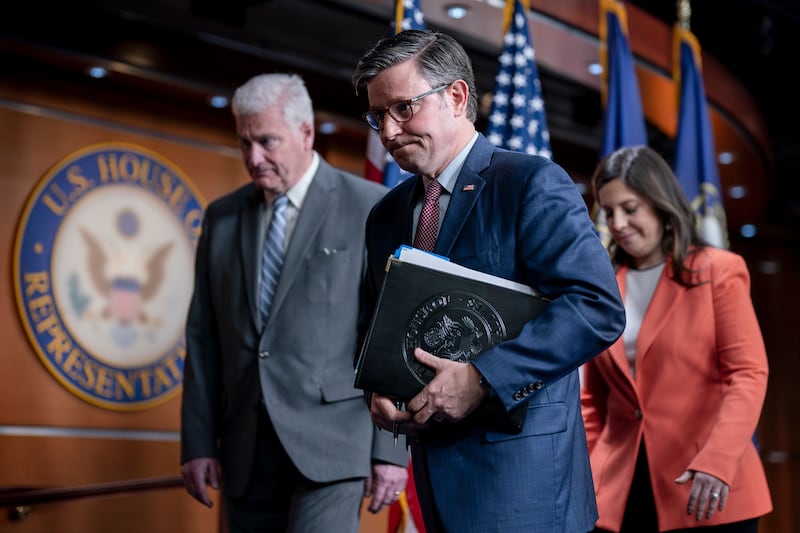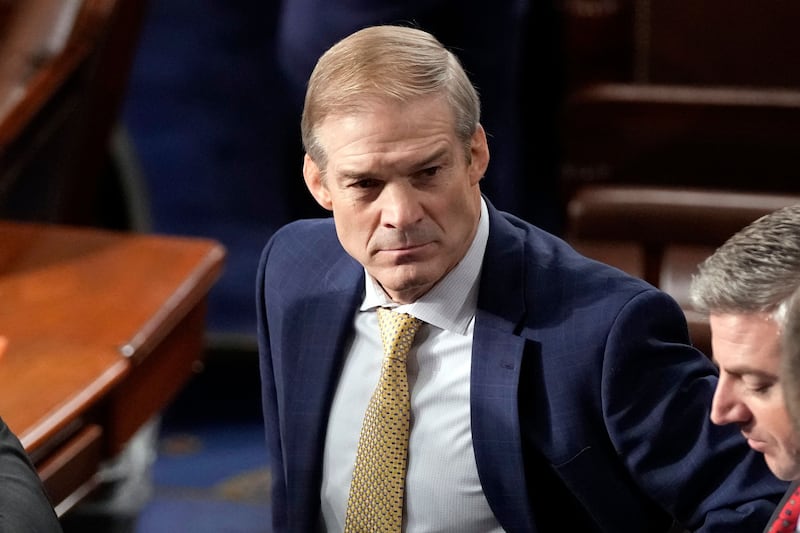DOWN chairman Jack Devaney says the GAA “can’t take it for granted” that people will return to the Association in their droves as Irish society begins to move out of lockdown.
Speaking ahead of tomorrow morning’s virtual GAA Congress, the Bredagh clubman said one of the passports out of lockdown was for children to get back onto the playing field and for some sense of normality returning.
Few envied the position many leading officials found themselves in over the last 12 months and while there are some major challenges ahead, Devaney does see light at the end of the tunnel.
“The natural thought is toward the negative over the past year,” he said. "But there were certain things that were good in terms of online interaction and the fact that we can be more efficient sometimes.
“Generally, though, I suppose we took a lot of things in life and in the GAA for granted. We shouldn’t think we are just going to return simply to the way we’ve been doing things. We can’t take it for granted that people are just going to return to the GAA either.
“One of the big lessons is we have now become used to lockdowns and what lockdown means, and we have to make sure once we emerge from it that we emerge completely. That we get back to life. The sooner we get children out and getting them active again and getting back to normality, the better.”
Attending tomorrow morning’s virtual Congress will be one of the Down chairman’s less challenging tasks with many key motions being moved to Special Congress later in the year.
With the Gaelic Players Association yesterday urging for the motion relating to curbing on-field cynicism to be also placed on the Special Congress list, there could well be virtually no discussion once delegates (reduced to two per county) saddle up to their home computers tomorrow morning.
“There was a meeting a couple of weeks ago with county secretaries and chairs and the reason for that was to take account of all 47 motions and to get a sense of are we better just leaving them until we meet in person,” Devaney explained. “That’s why the one on the future football structures was left to later on in the year.
“The way we had to operate last year meant the prospect of motions going forward was less likely. Once you have to go online you’re probably best removing those motions that need more discussion. The hope is people can attend Special Congress in person.”
No date has been fixed for Special Congress but it could be as late as September of October.
Tomorrow’s session could well pass off with no debate on any of the remaining motions, especially if Motion 20 on cynical fouling in hurling and football is indeed taken off.
One emerging trend that hasn’t been altogether welcomed in some GAA circles and will find its voice on the virtual clár tomorrow is joint captains lifting cups on the podium (motion seven).
“I don’t know if it’s a trend that was ever looked on terribly favourably,” Devaney acknowledged.
“I personally would be in favour of just having one captain because the captain is the captain. There’s a feeling that if you have two or more you’re diluting the significance and the privilege of being captain.
“In 2014, two Kerry players [Fionn Fitzgerald and Kieran O’Leary] went up and got the cup and I still don’t know who was the captain. Generally, across sports there is one captain, so just keep that tradition.”
On the prospect of the GAA’s challenge in playing off all its adult competitions – as envisaged by the outgoing President John Horan – Devaney feels that a start date of May would be very close to the cut-off point.
“The later you start, the more difficult it becomes to imagine how they would run the National League,” said the Longford native.
“It makes more sense for the county to go first because [Ireland] is going to be at a higher Covid level. Otherwise you’re going to wait until it gets to a certain level and you'd get nothing played because you’ve run out of time.”







